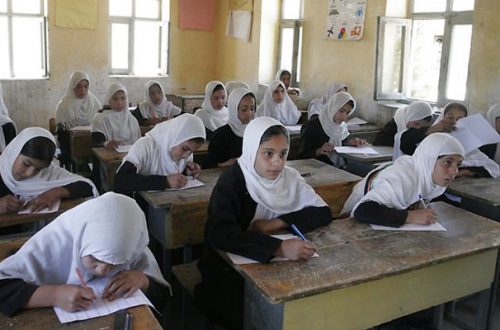After Hamid Karzai is declared presidential winner he vows to crack down on corruption and reach out to his political rivals (just not fight them in an election). The Times reports how he moved to reassure the international community that he would be the “credible partner” they need to make progress against the Taliban. Unlikely, but we’re stuck with him.
On the same day, The Guardian reports on the death of Staff Sergeant Olaf Sean George Schmid a senior army explosives expert who was killed while defusing a bomb in southern Afghanistan. He is the 87th British soldier to be killed in Afghanistan this year. He was described by Lt Col Robert Thomson, commander of the 2 Rifles battle group, as “simply the bravest and most courageous man I have ever met”.
All this as Barack Obama weighs up, accused of dithering by some, whether to send an extra 40,000 US troops to Afghanistan. He delayed a decision on troop increases until after the expected Afghanistan election run-off , but the withdrawal of opposition candidate Abdullah Abdullah put paid to that.
I don’t know why people are rushing the guy. The New York Times said earlier this week that Obama is right in taking his time. It also had a good line that is worth a read on how none of the analogies currently being offered up by critics are accurate.
“In talking to policy makers, the probability is he will settle on an increase of fewer than 40,000 U.S. troops and adopt a scaled-back version of General McChrystal’s anti-insurgency plan. The pivotal figure inside the administration is Defense Secretary Robert M. Gates.
“All the oft-cited analogies — Iraq, the Russians in Afghanistan, even Vietnam — are imperfect. One example Mr. Obama may want to think about: that of a U.S. president who reversed his harder-line campaign posture and settled for a compromise course that was attacked by conservative Republicans as “appeasement.” That was Dwight D. Eisenhower and Korea in 1953. The United States still has 28,500 troops on the Peninsula more than a half-century later, and it’s worked out fairly well.”
